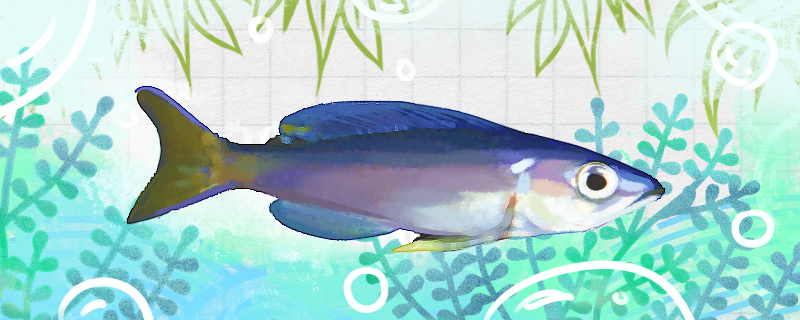
blue swordfish? Blue swordfish need to live in open waters and in an environment with stones at the bottom. Therefore, they should choose a fish tank with a relatively large space for breeding, and lay some stones at the bottom of the fish tank. In order to prevent them from crossing the water surface of the fish tank when no one is there, a cover should also be added to the fish tank. Generally speaking, they do not require a high living environment, and it is relatively easy to raise them.
the blue swordfish? 1. Water temperature: The blue swordfish does not require a very high water temperature. The water temperature between 23 and 27 degrees Celsius is the most conducive to their survival. In addition, a constant temperature system can be installed in the water tank to control the temperature difference of the water temperature, so as not to change greatly in a short time.
2. Water quality: The alkalescent water environment is the most suitable for their survival. When feeding, it is better to keep the pH value of the water body between 7.5 and 8, and the hardness of the water body between 8 and 15. In addition, in order to ensure the cleanliness of water quality, it is recommended to change water regularly and appropriately, about once every two weeks.
3. Feeding: They mainly eat plankton or small animals in the original ecological environment. However, under the condition of artificial feeding, it can be fed with artificial feed. In addition, it can also be fed with flake pellets and shrimp. Attention should be paid to the disinfection of active baits before feeding them, or to the complete thawing of frozen baits before feeding them, so as to prevent them from producing ascites.